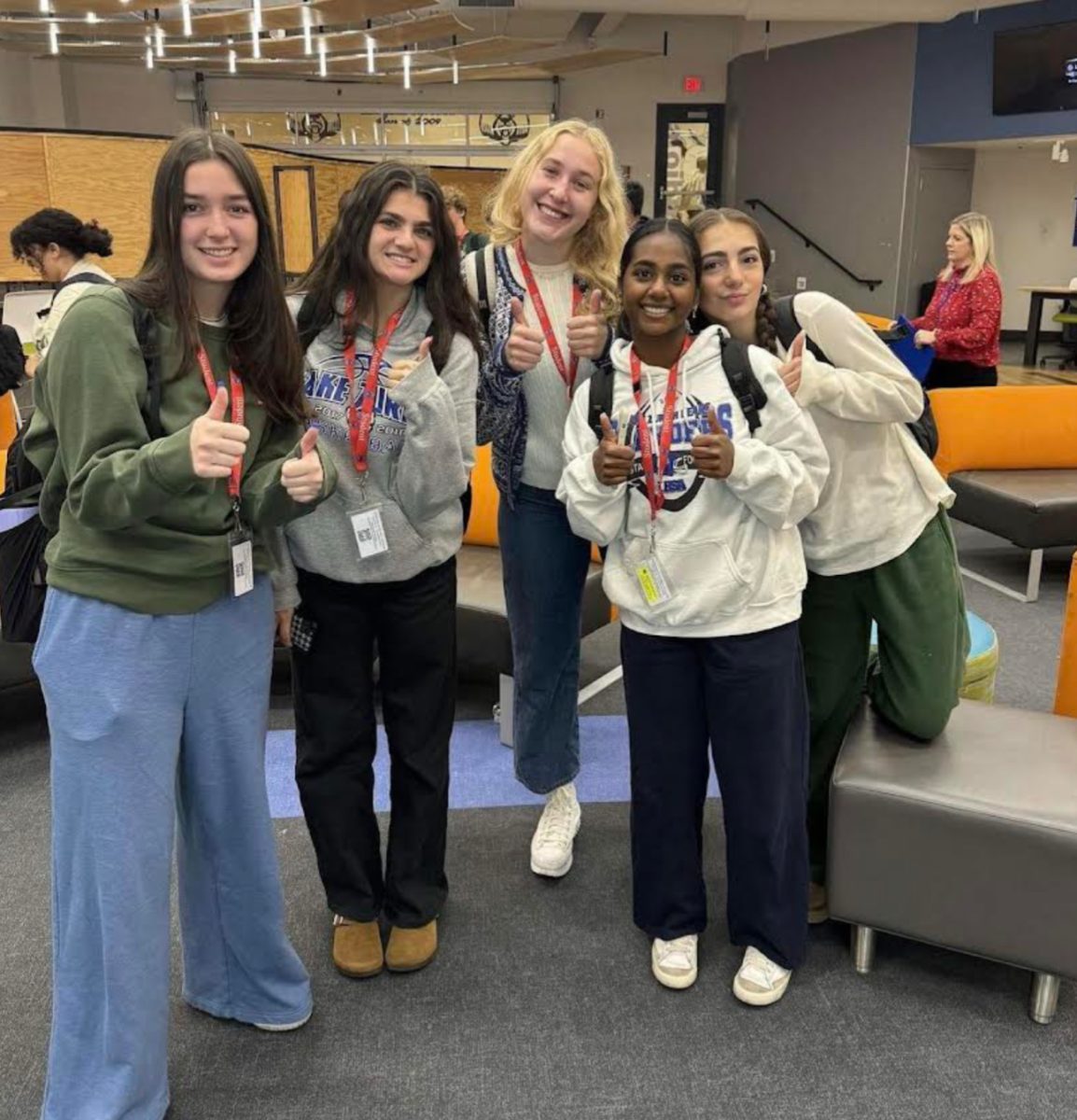This article contains discussion of suicide and mental health. Please be cautious if you are struggling with any of the above.
In 2020, after the tragic passing of a lacrosse player, Morgan Rodger, from Kettle Run High School, the Morgan’s Message club was formed. Rodger committed suicide due to mental health struggles. Many districts have since brought the Morgan’s Message club to their schools as a way to promote and encourage mental health awareness for athletes so others do not have to go through the same struggles as Rodger.
Sophia Harcus, senior and ambassador of the LZHS Morgan’s Message club, and Kendall Freeland, senior and ambassador of the LZHS Morgan’s Message club, knew of Morgan’s Message, and they decided to bring it to LZHS.
“Morgan’s Message is kind of a big deal in the lacrosse community, so I’ve heard about it for a while. [When I heard about] my teammates becoming ambassadors [for the organization], I was like, oh, that’s a really cool idea, I think we should do it [at LZHS] for sports,” Harcus said.
For a long time, there has been negative stigma surrounding discussion of mental health in sports, according to the British Journal of Sports Medicine. Micheal Phelps first began sharing his challenges with mental health in 2015, to bring attention to the importance of mental health awareness in sports. Along with voicing his experiences and concerns, he launched several different initiatives, such as the Michael Phelps Foundation, in order to improve athletes’ abilities to seek out help and support when they are struggling mentally.
Since then, there have been several organizations formed in order to provide support for athletes and advocate for their mental health according to a Harvard Business Review article titled “Athletes Are Shifting the Narrative Around Mental Health at Work.”
Morgan’s Message was the first mental health club for athletes to be introduced at LZHS. Harcus and Freeland strongly believed the topic needed to gain more awareness because of how overlooked mental health is, specifically in athletics.
“This organization is the perfect thing to help others who want [support from others], as well as bringing more awareness [about mental health so] that people [know they] aren’t alone in their sport and that there are places to go [for support],” Harcus said. “It is also a really great way to make new friendships and hang out with people [who have the same] interests and goals [as you].”
Over the past summer, Harcus and Freeland teamed up to bring Morgan’s Message to LZHS. Freeland had previously known about Morgan’s Message because her volleyball team had worked to incorporate the themes of mental health awareness into the training. Together, they were able to obtain some staff sponsors for the club as they put their idea into action for the coming school year.
“[Miss Pozar] has been guiding us through everything and she brought Miss Morgan on board as well [who is] another counselor. I think they’re really great outlets because they can offer [us] all sorts of advice [about the club] that they [have gained] throughout their careers,” Freeland said.
However, because not many people were previously aware of Morgan’s Message, Harcus and Freeland had to campaign for the club in order to convince students to become interested and join.
“We talked with our friends [about the club], and then they kind of spread it around. Also, Kendall did a good job with Instagram and posting on it [to promote the club], so we also got more traction through there,” Harcus said.
From creating a strong social media presence to providing fun activities for members, Harcus and Freeland were able to successfully promote mental-health activism and provide a safe-space for athletes to support each other.
“We post a ‘Wellbeing Wednesday’ every Wednesday on our Instagram, so that we can give midweek-boosts for everyone who follows. And at our last meeting, we colored Morgan’s Message butterflies,” Freeland said. “We’ve also been working on positive affirmations the past couple of weeks and the importance of those in athletics. As spring sports start, we’re planning on doing some fun March Madness activities as well.”
Since Harcus and Freeland are seniors, they will not be able to run the club next year so they have been reaching out to potential ambassadors who are willing to carry on the message.
“We’ve talked to underclassmen and juniors, to help. Technically, they have to be ambassadors to run this program so we’re working with the mentorship program to get them where they need to be to continue running the club,” Harcus said.
In the past, Harcus and Freeland overame their own struggles with mental health. Their experiences compelled them to support others who need help. According to Freeland, she wanted to “create a safe space because I wish I had a safe space to talk about my struggles [when] I was going through [them].”
“[Morgan’s Message] started with a mom [advocating for] her daughter who had passed away from suicide. [After her mom created the organization], Morgan’s friends also [helped grow the community]. Now more people are a part of it. Females and males are more involved and it has been going on for a really long time since then,” Harcus said.
Athletes and coaches are all prioritizing mental health more than ever before. Freeland believes that having a strong and healthy mentality in sports can be one of the deciding factors of whether or not an athlete will succeed and improve.
“A lot of times, your coach will tell you, you’re fine, tough it out, but I think that mindset is what brings an athlete down,” Freeland said. “When you’re confident, when you have a lot of positive affirmations, and you’re in the right mindset, that’s when you’re going to perform your best.”
This story was originally published on Bear Facts on March 15, 2024.

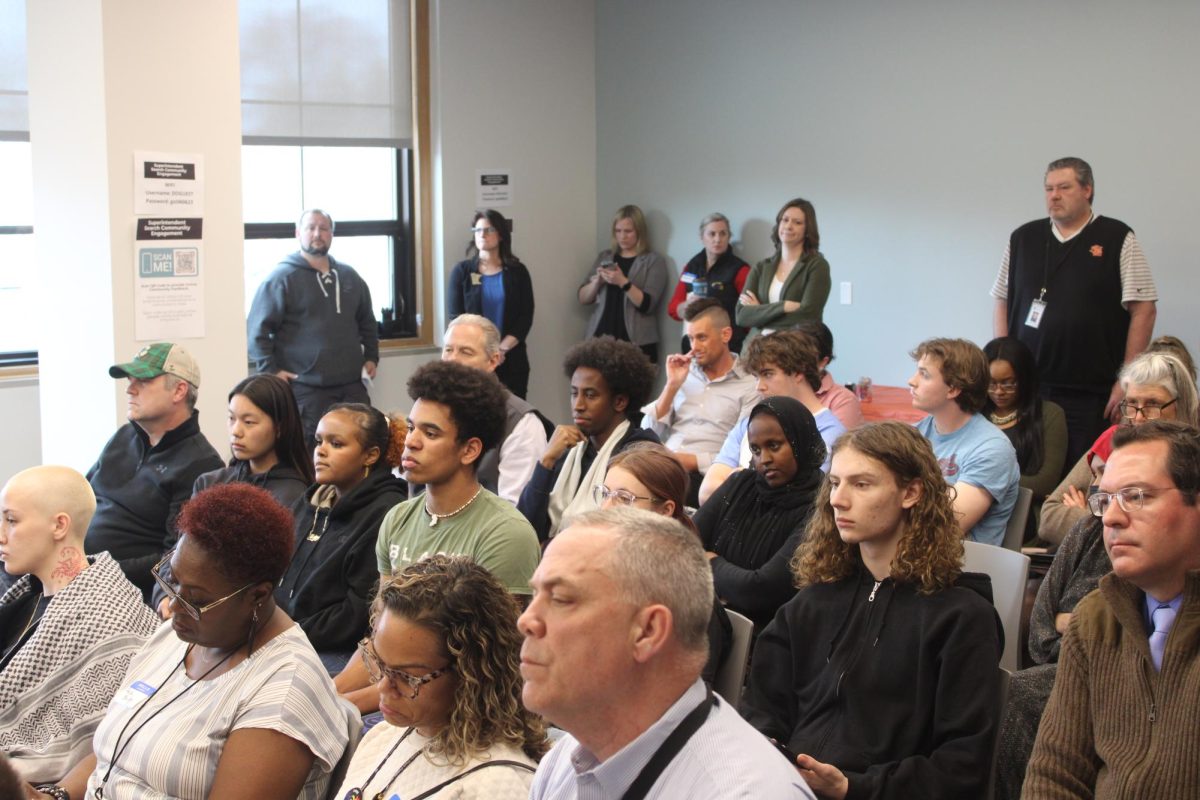

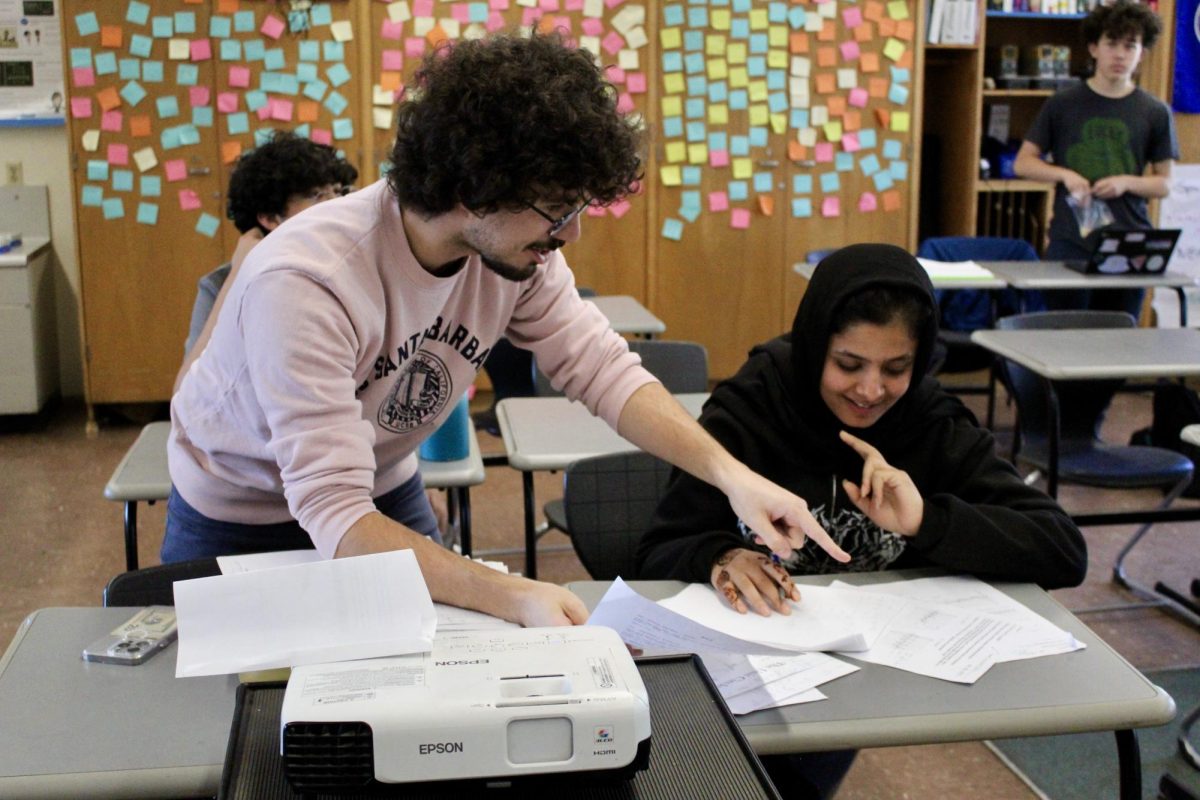
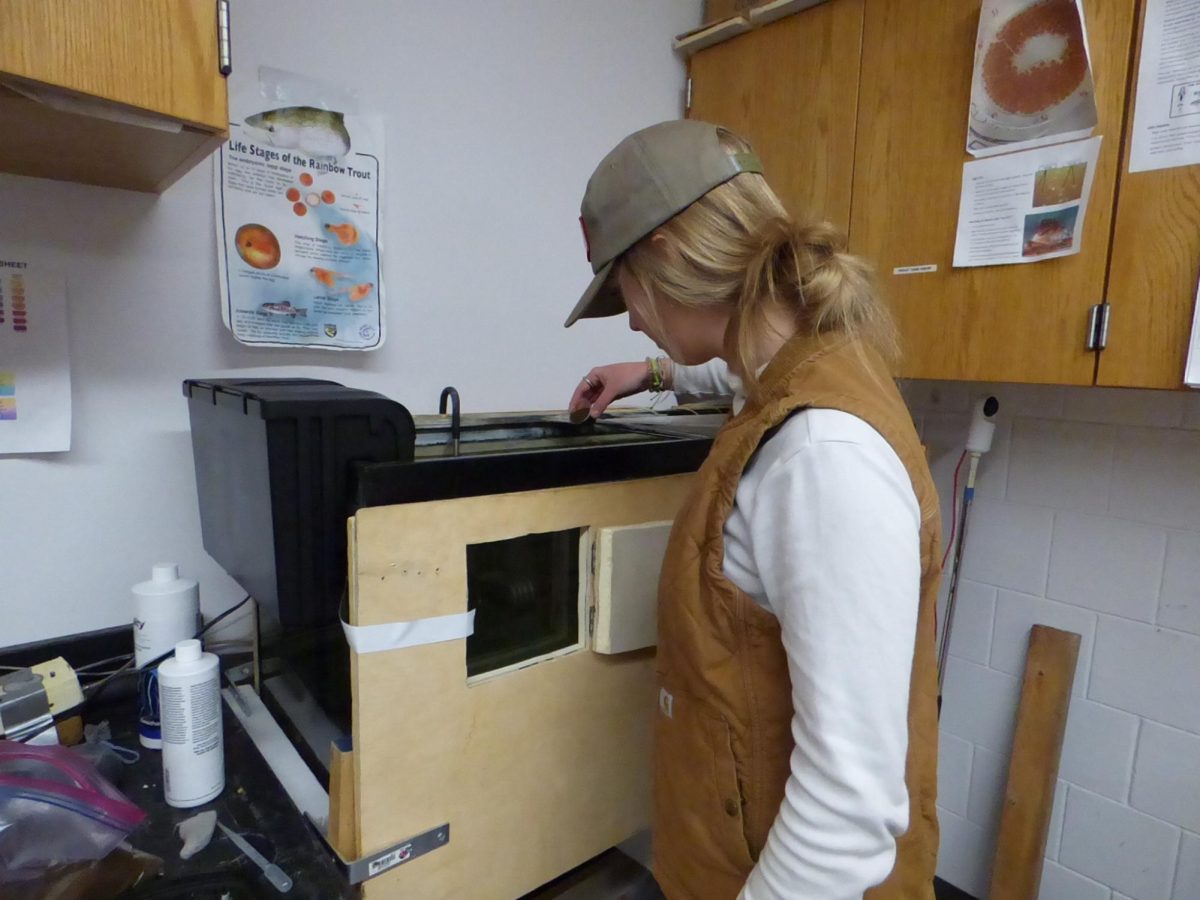


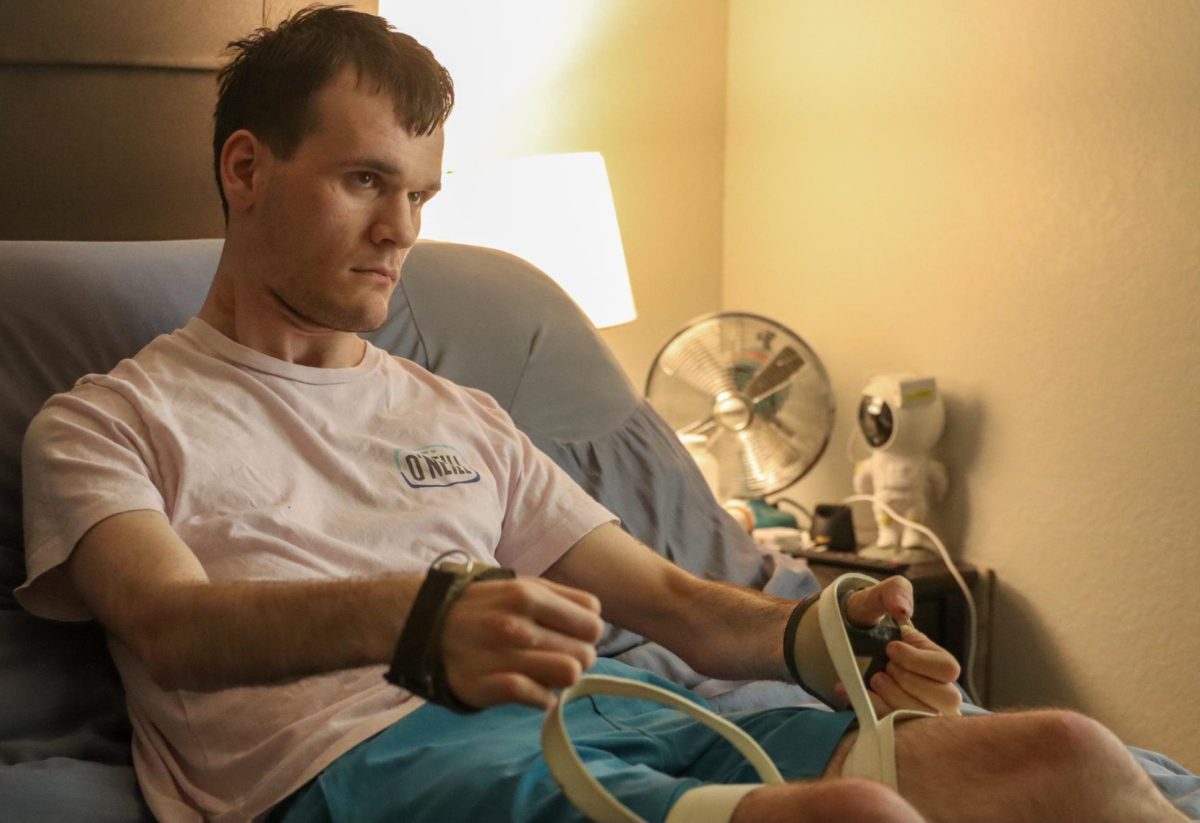



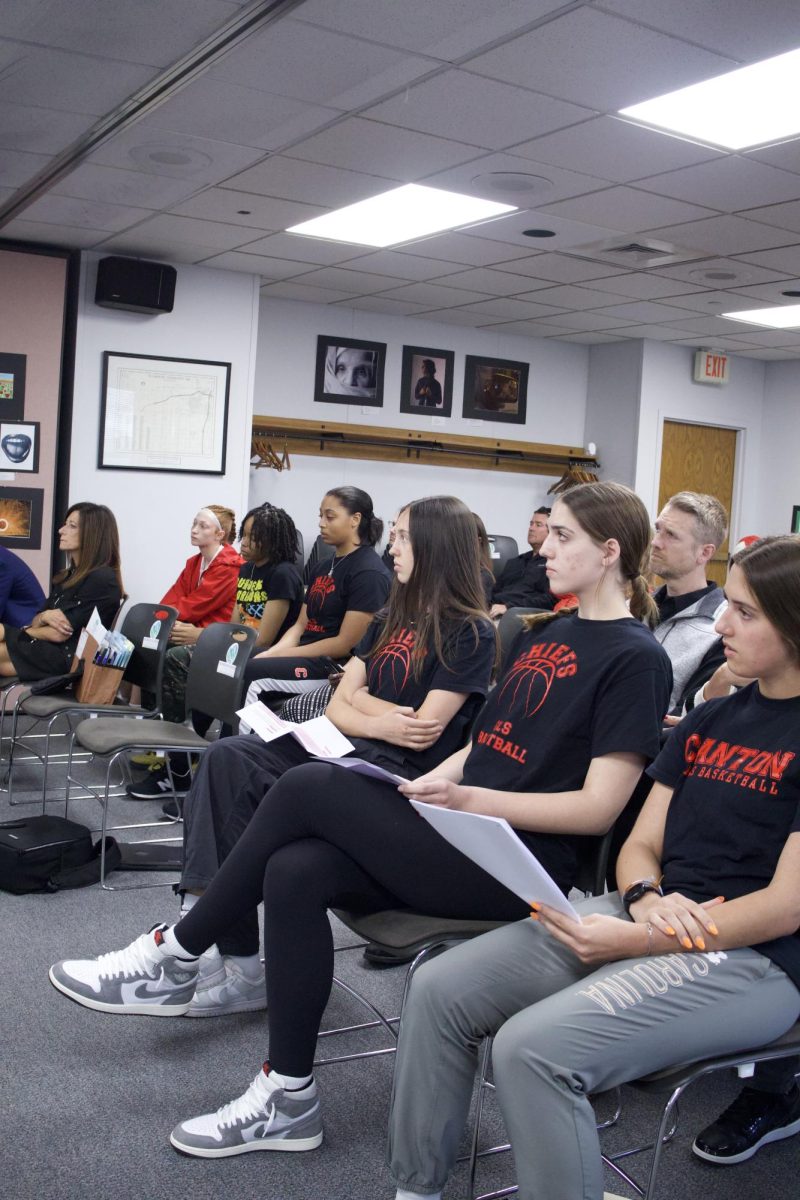

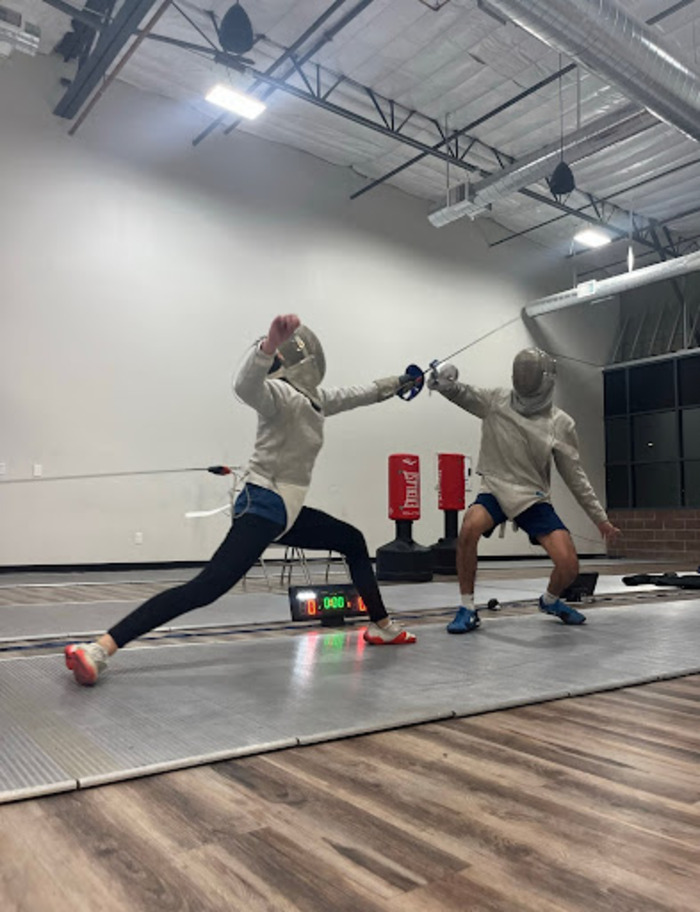
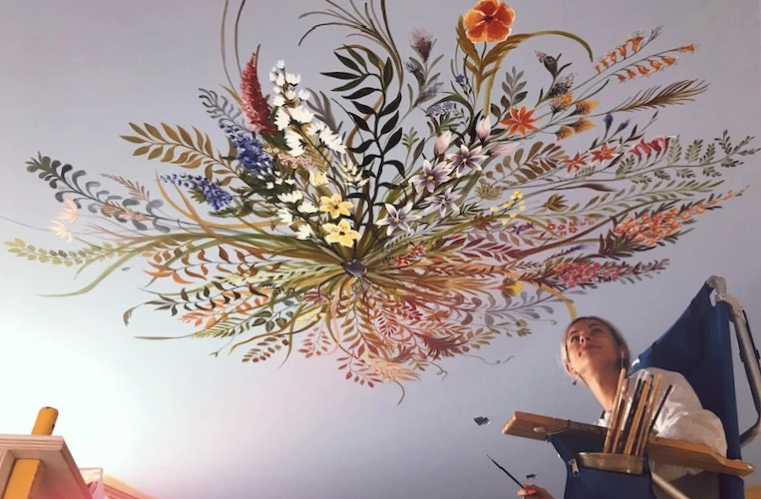
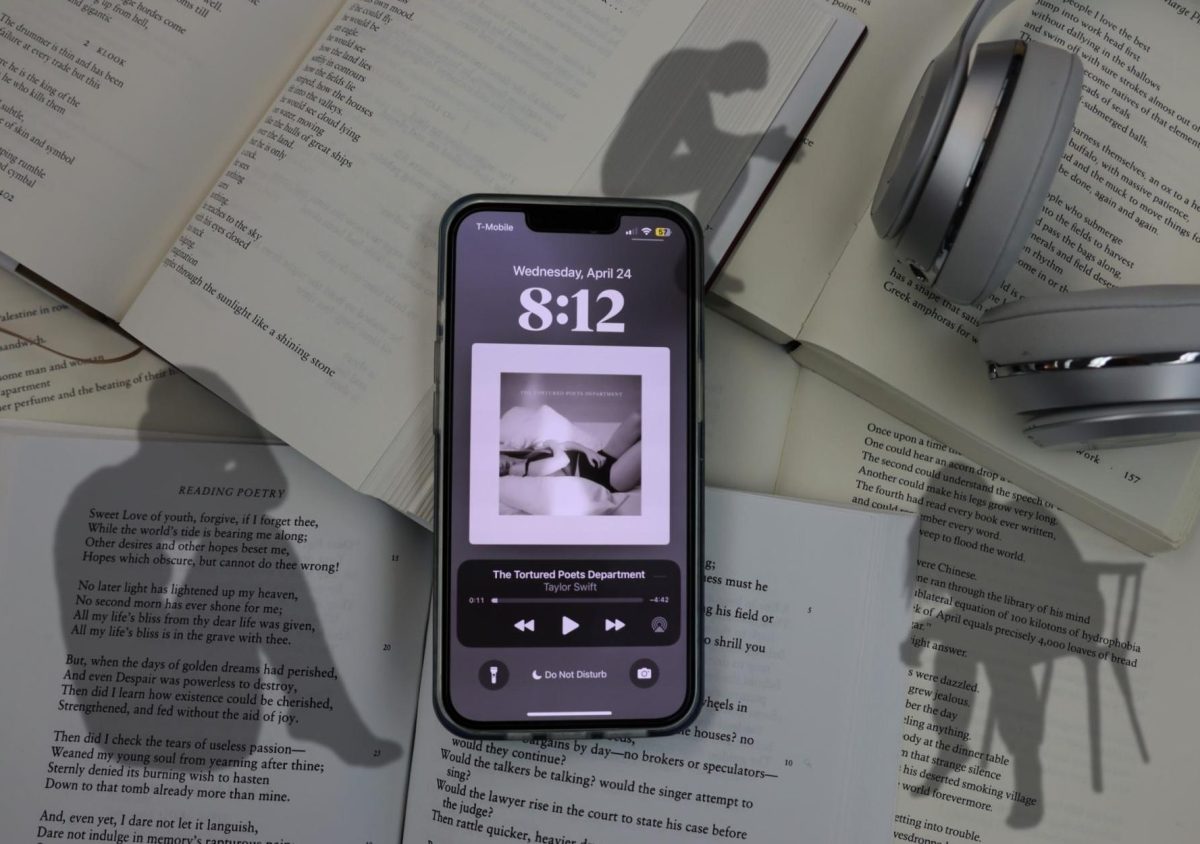
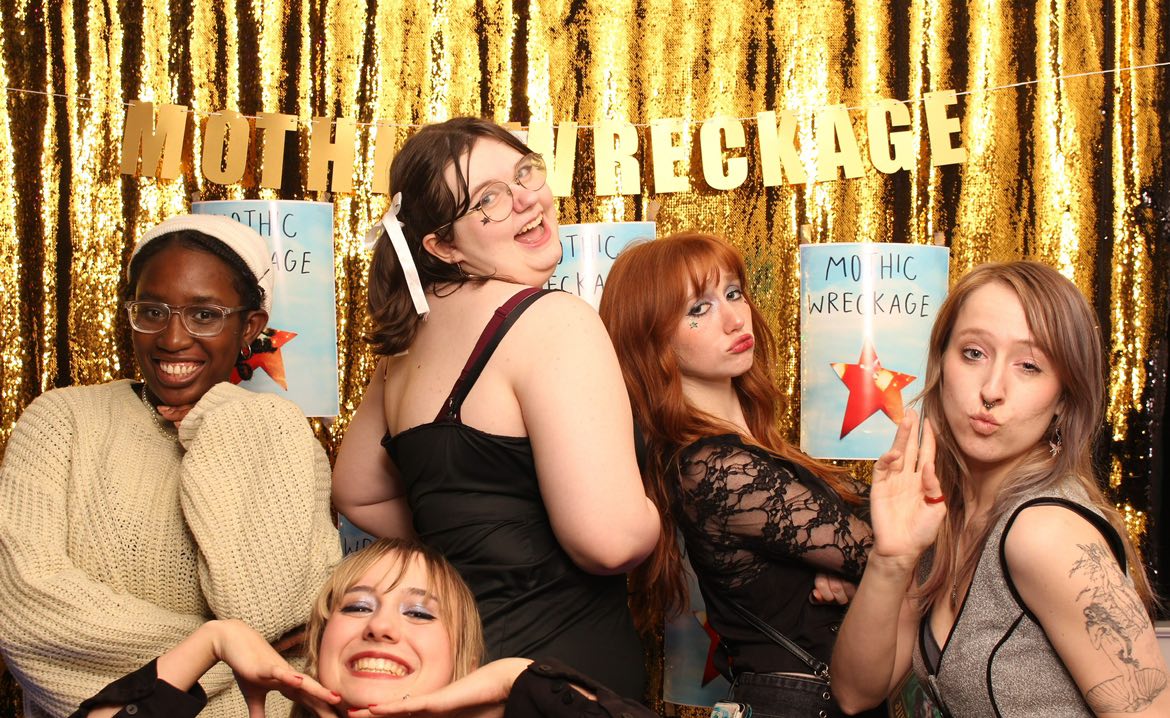













![IN THE SPOTLIGHT: Junior Zalie Mann performs “I Love to Cry at Weddings,” an ensemble piece from the fall musical Sweet Charity, to prospective students during the Fine Arts Showcase on Wednesday, Nov. 8. The showcase is a compilation of performances and demonstrations from each fine arts strand offered at McCallum. This show is put on so that prospective students can see if they are interested in joining an academy or major.
Sweet Charity originally ran the weekends of Sept. 28 and Oct. 8, but made a comeback for the Fine Arts Showcase.
“[Being at the front in the spotlight] is my favorite part of the whole dance, so I was super happy to be on stage performing and smiling at the audience,” Mann said.
Mann performed in both the musical theatre performance and dance excerpt “Ethereal,” a contemporary piece choreographed by the new dance director Terrance Carson, in the showcase. With also being a dance ambassador, Mann got to talk about what MAC dance is, her experience and answer any questions the aspiring arts majors and their parents may have.
Caption by Maya Tackett.](https://bestofsno.com/wp-content/uploads/2024/02/53321803427_47cd17fe70_o-1-1200x800.jpg)
![SPREADING THE JOY: Sophomore Chim Becker poses with sophomores Cozbi Sims and Lou Davidson while manning a table at the Hispanic Heritage treat day during lunch of Sept 28. Becker is a part of the students of color alliance, who put together the activity to raise money for their club.
“It [the stand] was really fun because McCallum has a lot of latino kids,” Becker said. “And I think it was nice that I could share the stuff that I usually just have at home with people who have never tried it before.”
Becker recognizes the importance of celebrating Hispanic heritage at Mac.
“I think its important to celebrate,” Becker said. “Because our culture is awesome and super cool, and everybody should be able to learn about other cultures of the world.”
Caption by JoJo Barnard.](https://bestofsno.com/wp-content/uploads/2024/01/53221601352_4127a81c41_o-1200x675.jpg)





